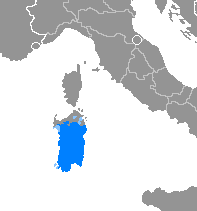user227867
user227867
user227867
user227867
user227867
user227867
user227867
user227867
user227867
user227867
user227867
user227867
user227867
user227867
user227867
user227867
user227867
user227867
user227867
user227867
user227867
user227867
user227867
user227867
user227867
user227867
user227867
user227867
user227867
user227867
user227867
user227867










